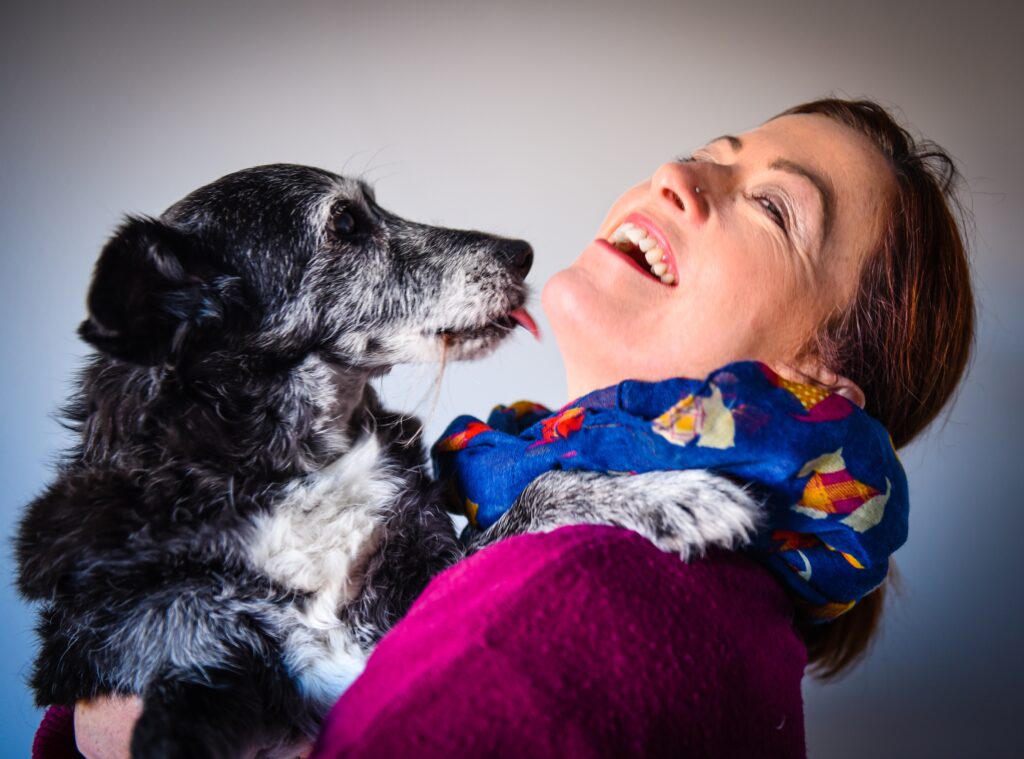When you’ve decided to get a puppy, you may have arguments about which breed to choose! With hundreds of breeds, in different shapes, sizes and temperaments, it’s important to research whether you can provide the behavioural and health needs of your chosen breed throughout its lifetime.
There are many types of dogs that don’t fit into the traditional pedigree groups. These include crossbreeds and mixed breeds, which are created by combining two or more different pedigree dogs.

What’s the difference ?
What is the difference between a purebred, pedigree and mixed breed puppy? A purebred puppy is one that has been bred from two parents of the same breed. A pedigree puppy is one that has been bred from two parents of the same breed, but which has a documented family history. A mixed breed puppy is one that has been bred from two parents of different breeds and for which no family history is documented.
Categories you may come across
The types of words used often can be confusing when it comes to the different categorisations of dogs. To make this a little easier we’ve provided a list of 4 types of breeds and what these words mean.
- Pedigree dogs are born from the mating of two dogs of the same breed and are registered with a recognised registration body such as the American Kennel Club, (UK) Kennel Club or Irish Kennel Club (www.IKC.ie).
- Purebred dogs are the result of breeding two dogs of the same breed, but the offspring is not registered with the IKC or associated organisations.
- Crossbreed dogs are the result of breeding two different breeds. E.g. A Cavapoo is a mixture between a Cavalier King Charles and a Poodle.
- Note: To further complicate things this mix doesn’t have to be 50:50, it may be a Cavapoo crossed with a Poodle, to have more of a 25:75 mix, and to have the chance of more traits from one breed or another.
- Often some of these breeds are referred to as “Designer Breeds”, by strict definition these are crossbreeds. Popular “designer breeds” include Cavapoo, Pugalier, Maltipoo, Goldendoodle, Berneadoodle.
- Mixed breed dogs have parents of three or more different breeds.
- Note: Often these dogs have features of different breeds in different quantities. Many owners who are interested to learn about their dogs breeding will order a DNA test to find out the exact mix of dog.

Does IKC Registered mean Pedigree ?

This question comes up a bit, and the quick answer is no. The IKC has 3 different distinct registers, [source] and to further complicate it they call this the “Two Tier Registration System”, but we’ll explain why this can be seen to be two or three, depending on how you count ! In all cases these will show as being IKC registered should you check EuroPetNet.com.

Here is an outline of the registration systems and what the distinction between each of them is. In all cases a certificate of registration will come from the IKC.
Pedigree Dogs
- Main Register – these are full IKC certified dogs, that can be bred from, and can be exported
- Limited Register – these are full IKC certified dogs, that cannot be bred from (off spring will not be able to be IKC registered) and are not for export. This is sometimes referred to be as endorsed, e.g. there is some limitation on the dog.
Non-Pedigree Dogs
- Pet Register – These are IKC certified, but not pedigree.
To be on the Main Register, the dog has to meet the breed standard for example a standard colour, dogs that have non-breed-standard colours will only qualify for the Limited Register. Furthermore a breeder that has a standard colour dog, but wants to limited breeding to maintain their own breeding program can opt to put the dog on the Limited Register. IKC Pet Registered dogs can be any other dog that doesn’t meet the breed standard, e.g a crossbreed, e.g. Cavachon.
Pros & Cons of different breeds
There are pros and cons to owning both pedigree and non-pedigree dogs, so do your research on the breeds you’re interested in before making a decision. Some things to consider when choosing a breed include:
- Grooming: All dogs moult and will require regular grooming to ensure their coat is kept healthy and free of knots. Depending on the breed of dog, some will require more frequent professional grooming than others, and some may require daily nasal fold cleaning (Pugs, French Bulldogs, etc). Different types of coats come with different levels of brushing needs for example. Certain breeds like Huskies moult seasonally and it can be a lot.
- Space: How much space will this breed require? Do you have an active lifestyle? If so, you may want to consider a dog breed that requires more exercise, such as a working breed. These dogs often need more stimulation, training, and walking than other breeds, so make sure you can provide what they need.
- Dog Size: Do you have the space to care for a dog the size you are considering? This includes both your home and your car. Can you physically manage the size of the dog? Can you afford the size of dog you would like? Larger dogs often come with higher veterinary and feeding bills. They also often require more planning regarding holidays to ensure kennels have the space.
- Temperament: Some dogs are very friendly and love to meet new people. Others may be shy or reserved around strangers. Some dogs may be very active and playful, while others may be more calm and relaxed. Each dog has its own unique personality and temperament, will this match the needs of your family? Will the dog be easy to train, do you have the time or money to invest in training the dog to an adequate level ?
- Colouring: Some people have strong preferences on this, will your dog be a breed standard colour?
- Health Concerns: Does your breed come with any well known health concerns such as hip / elbow, respiratory or other hereditary issues. Specific DNA screening is recommended for those breeds with potential issues.
- Note: Congenital disorders are present from birth, and hereditary disorders are transmitted from parents to their offspring through the genes.
Are cross breeds healthier?
A popular discussion is whether cross breeds are healthier than their pedigree counterparts. This can be due to an increase in genetic diversity and subsequent larger variation of genetics due to the mixing of two completely separate gene pools making the prevalence of problems lower. A recent study by the Royal Veterinary College in 2019 concluded that whilst on average cross breeds live 1.2 years longer than pure breeds the answers are not clear, with breed lifespan varying wildly (O’Neil et al 2013).
One of the difficulties here is that mixing well known breeds like a Pomeranian and a Husky, to get a (an ever increasingly) popular Pomsky is that you don’t know what traits of either your puppy will have. And to further complicate it this could vary between different litters and even litter mates!
Remember: A dog is a 10-15 year commitment, so a bit of upfront research can definitely ease heartache along the way!

